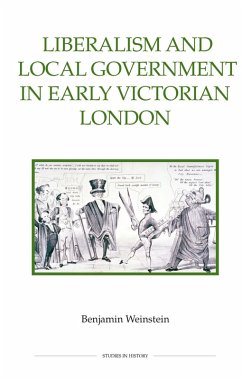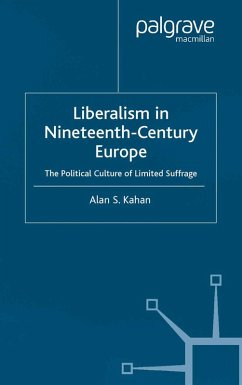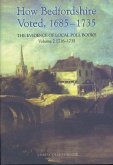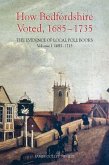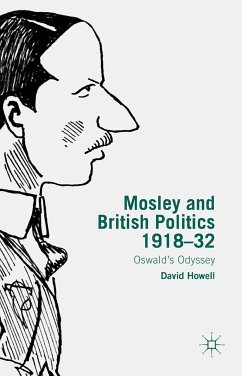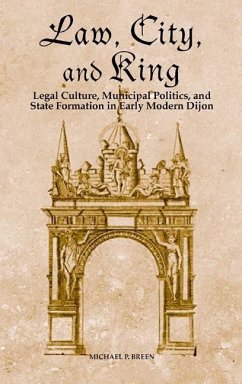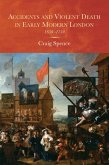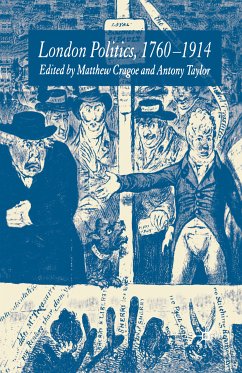A fresh interpretation of London's early Victorian political culture, devoting particular attention to the relationship which existed between Whigs and vestry-based radicals.
In the second quarter of the nineteenth century the British capital witnessed a growing polarisation between metropolitan Whig politicians and the increasingly vocal political force of London radicalism - a tension exacerbated byurban, and in many respects specifically metropolitan, issues. Though Whiggery was a political creed based on tenets such as the defence of parliament and free trade, it has been traditionally thought out of place and out of favour in large urban settings, in part because of its association with aristocracy. By contrast, this book shows it to have been an especially potent force in the early Victorian capital where continual conflict between Whigs and radicals gave the metropolitan constituencies a singularly contested and particularly vibrant liberal political culture. From the mid-1830s, vestry-based metropolitan radicals active in local governing structures began to espouse an anti-Whig programme, aimed in part at undermining their electoral strength in the metropolitan constituencies, which emphasised the preservation and extension of "local self-government". This new cause displaced the older radical rhetorics of constitutional "purification" and "re-balance", and in so doing drove metropolitan radicalism away from its earlier associations and towards a retrenchment-obsessed and anti-aristocratic liberalism.
Benjamin Weinstein is assistant professor of history at Central Michigan University.
In the second quarter of the nineteenth century the British capital witnessed a growing polarisation between metropolitan Whig politicians and the increasingly vocal political force of London radicalism - a tension exacerbated byurban, and in many respects specifically metropolitan, issues. Though Whiggery was a political creed based on tenets such as the defence of parliament and free trade, it has been traditionally thought out of place and out of favour in large urban settings, in part because of its association with aristocracy. By contrast, this book shows it to have been an especially potent force in the early Victorian capital where continual conflict between Whigs and radicals gave the metropolitan constituencies a singularly contested and particularly vibrant liberal political culture. From the mid-1830s, vestry-based metropolitan radicals active in local governing structures began to espouse an anti-Whig programme, aimed in part at undermining their electoral strength in the metropolitan constituencies, which emphasised the preservation and extension of "local self-government". This new cause displaced the older radical rhetorics of constitutional "purification" and "re-balance", and in so doing drove metropolitan radicalism away from its earlier associations and towards a retrenchment-obsessed and anti-aristocratic liberalism.
Benjamin Weinstein is assistant professor of history at Central Michigan University.
Dieser Download kann aus rechtlichen Gründen nur mit Rechnungsadresse in A, D ausgeliefert werden.

